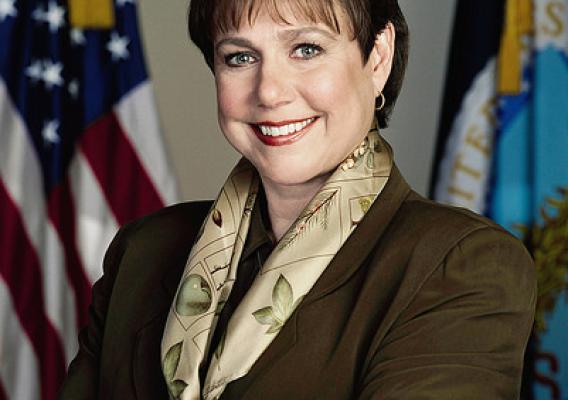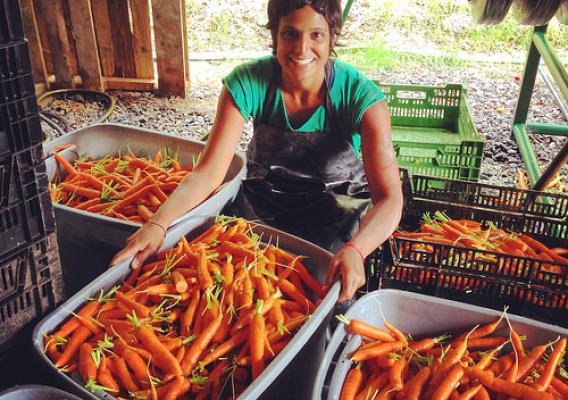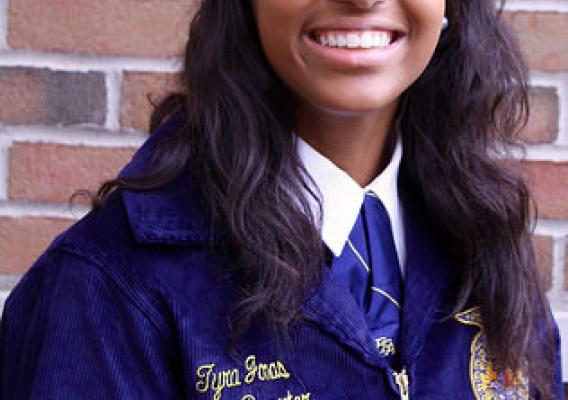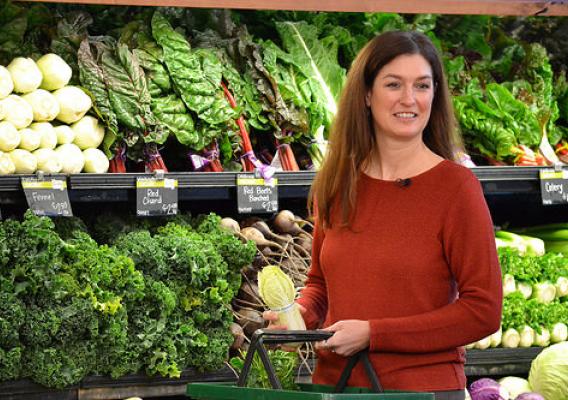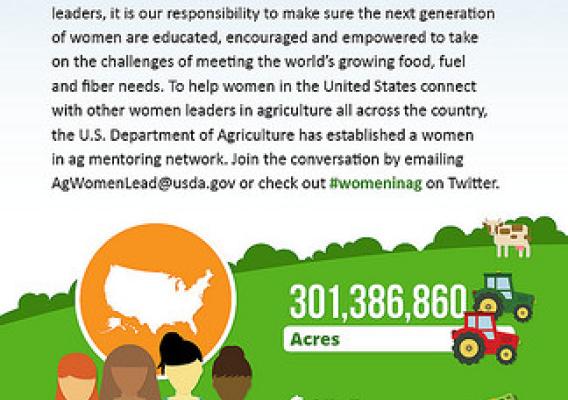As part of our Women’s Week blog series, Ann Veneman shares her perspective as the first and only woman who has held the title of Secretary of Agriculture. A lawyer by training, Ann grew up in a small rural community in California and has dedicated her career to domestic and international food and agriculture issues. During her tenure as Secretary, American agriculture saw record farm income, record agricultural exports and the creation of stronger pest and disease protection systems for the country.
Ann has held various positions at USDA and in state government, including Deputy Secretary, Deputy Undersecretary for International Affairs, Associate Administrator of the Foreign Agricultural Service, and Secretary of the California Department of Food and Agriculture. She served as the Executive Director of the United Nations Children’s Fund (UNICEF) from 2005-2010 and is a member of the Council on Foreign Relations, The Trilateral Commission, the National 4-H Council Board of Trustees and serves as an advisor to the Bipartisan Policy Center. In 2009, Ann was named to Forbes Magazine’s List of The World’s 100 Most Powerful Women.

